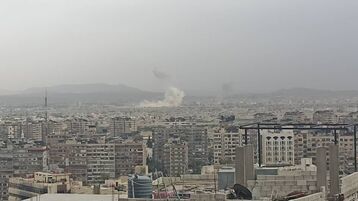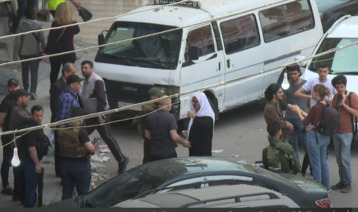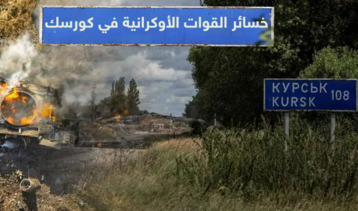-
Poland, Baltic countries to ban entry of Russians with short-term visas as of Monday
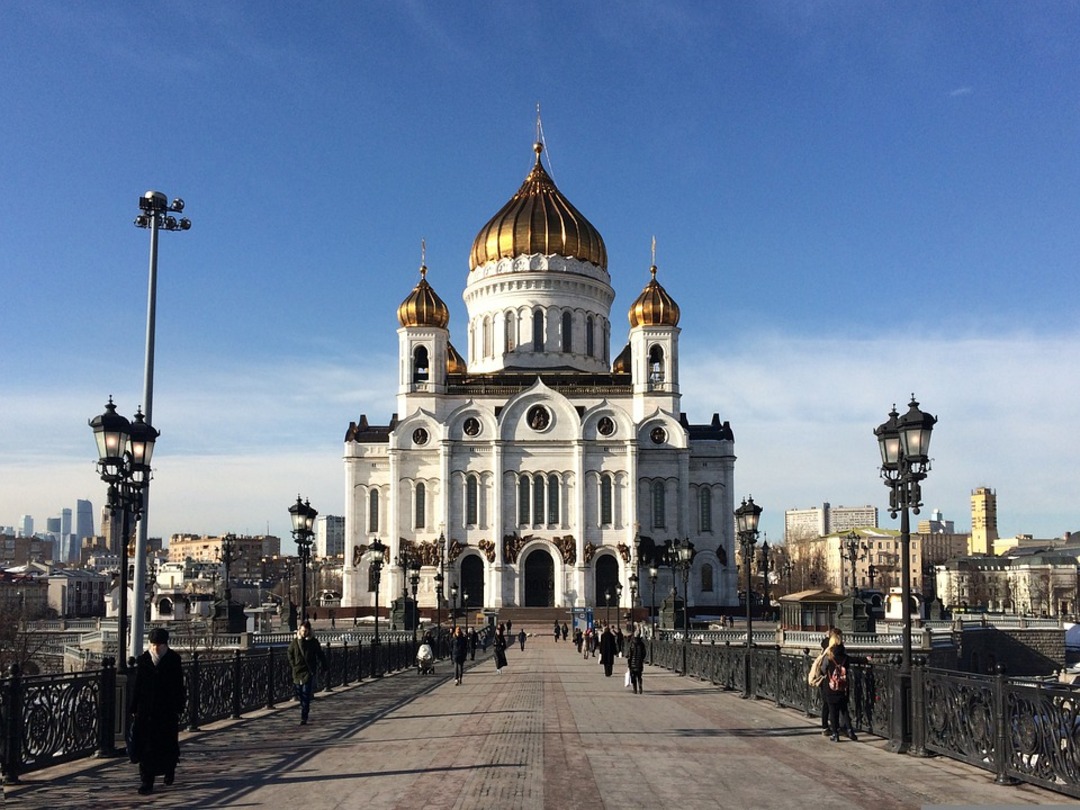
Starting Monday (Sep 19), Poland, Estonia, Latvia, and Lithuania will ban the entry of Russian citizens holding short-term Schengen visas as part of a regionally coordinated restriction that complements the suspension of the EU's visa facilitation agreement with Russia.
The 27 EU member states officially decided last week to fully suspend the bloc's visa facilitation agreement with Russia following the initiative of Estonia, Latvia, and Finland.
As of Sept. 12, Russian citizens no longer enjoy preferential treatment when applying for a Schengen visa.
In practical terms, they are required to pay a higher fee of €80 ($80) instead of the previous tariff of €35 and can expect a longer waiting time before their case is handled.
Besides the EU-wide decision, Poland, Estonia, Latvia, and Lithuania-all former Eastern Bloc members that share a border with Russia-agreed as a common regional approach to restrict the entry of Russian tourists at their borders to protect national order and security.
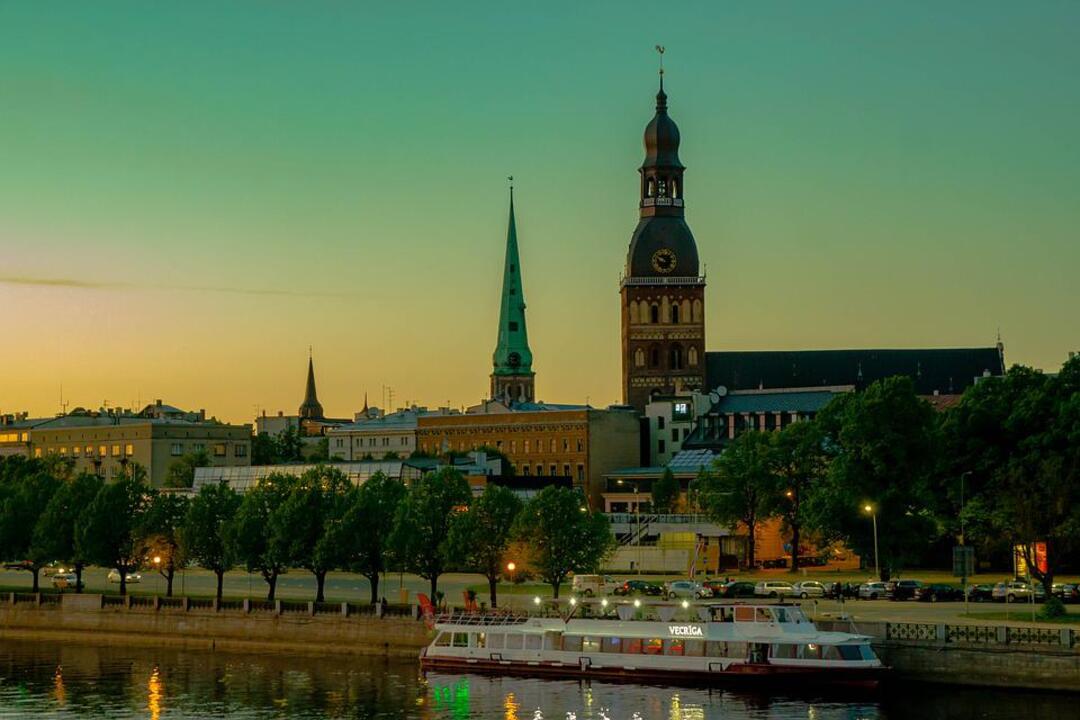
Under the decision, the border guards of the four countries will stop admitting Russian citizens who hold a short-term Schengen visa, even if the document was issued by another EU member state.
The measures, which enter into force on Sept. 19, are temporary and will exempt dissidents, humanitarian cases, family members, and holders of residence permits, the top diplomats of the four countries said in a statement.
RESTRICTIONS ON VISA PROCEDURE
In February, the EU partially suspended its visa facilitation agreement with Russia, mainly targeting government officials, diplomats, and businesspeople.
British intelligence: Russia lacks infantry and officers in Ukraine
Ordinary Russian citizens started to experience de facto difficulties in applying for EU visas soon after the war broke out, since most EU countries reduced their consular staff in Russia.
An EU-wide visa ban was proposed in August by Estonia, Latvia, and Finland after the call of Ukrainian President Volodymyr Zelenskyy, who asked for increased diplomatic pressure on Moscow.
The initiative was strongly supported by the Czech Republic, which was the first EU country to stop issuing visas for Russian applicants in February, and Poland, which introduced similar measures in April.
Russia's Lavrov granted a visa to attend UN General Assembly
Estonia and Latvia also stopped issuing visas for Russian applicants in August, while Finland cut their number by 90%.
In the end, EU countries failed to agree on an EU-wide blanket ban, mainly because Germany, France, and the European Commission opposed the proposal, arguing that the EU should not cut all the ties with Russian society.
According to European Commission statistics, as of Sept. 1 over 963,000 Russians held valid visas to the Schengen area.
Source: anews
You May Also Like
Popular Posts
Caricature
BENEFIT Sponsors BuildHer...
- April 23, 2025
BENEFIT, the Kingdom’s innovator and leading company in Fintech and electronic financial transactions service, has sponsored the BuildHer CityHack 2025 Hackathon, a two-day event spearheaded by the College of Engineering and Technology at the Royal University for Women (RUW).
Aimed at secondary school students, the event brought together a distinguished group of academic professionals and technology experts to mentor and inspire young participants.
More than 100 high school students from across the Kingdom of Bahrain took part in the hackathon, which featured an intensive programme of training workshops and hands-on sessions. These activities were tailored to enhance participants’ critical thinking, collaborative problem-solving, and team-building capabilities, while also encouraging the development of practical and sustainable solutions to contemporary challenges using modern technological tools.
BENEFIT’s Chief Executive Mr. Abdulwahed AlJanahi, commented: “Our support for this educational hackathon reflects our long-term strategic vision to nurture the talents of emerging national youth and empower the next generation of accomplished female leaders in technology. By fostering creativity and innovation, we aim to contribute meaningfully to Bahrain’s comprehensive development goals and align with the aspirations outlined in the Kingdom’s Vision 2030—an ambition in which BENEFIT plays a central role.”
Professor Riyadh Yousif Hamzah, President of the Royal University for Women, commented: “This initiative reflects our commitment to advancing women in STEM fields. We're cultivating a generation of creative, solution-driven female leaders who will drive national development. Our partnership with BENEFIT exemplifies the powerful synergy between academia and private sector in supporting educational innovation.”
Hanan Abdulla Hasan, Senior Manager, PR & Communication at BENEFIT, said: “We are honoured to collaborate with RUW in supporting this remarkable technology-focused event. It highlights our commitment to social responsibility, and our ongoing efforts to enhance the digital and innovation capabilities of young Bahraini women and foster their ability to harness technological tools in the service of a smarter, more sustainable future.”
For his part, Dr. Humam ElAgha, Acting Dean of the College of Engineering and Technology at the University, said: “BuildHer CityHack 2025 embodies our hands-on approach to education. By tackling real-world problems through creative thinking and sustainable solutions, we're preparing women to thrive in the knowledge economy – a cornerstone of the University's vision.”
opinion
Report
ads
Newsletter
Subscribe to our mailing list to get the new updates!

